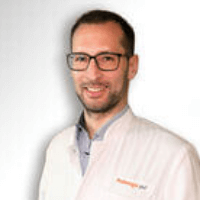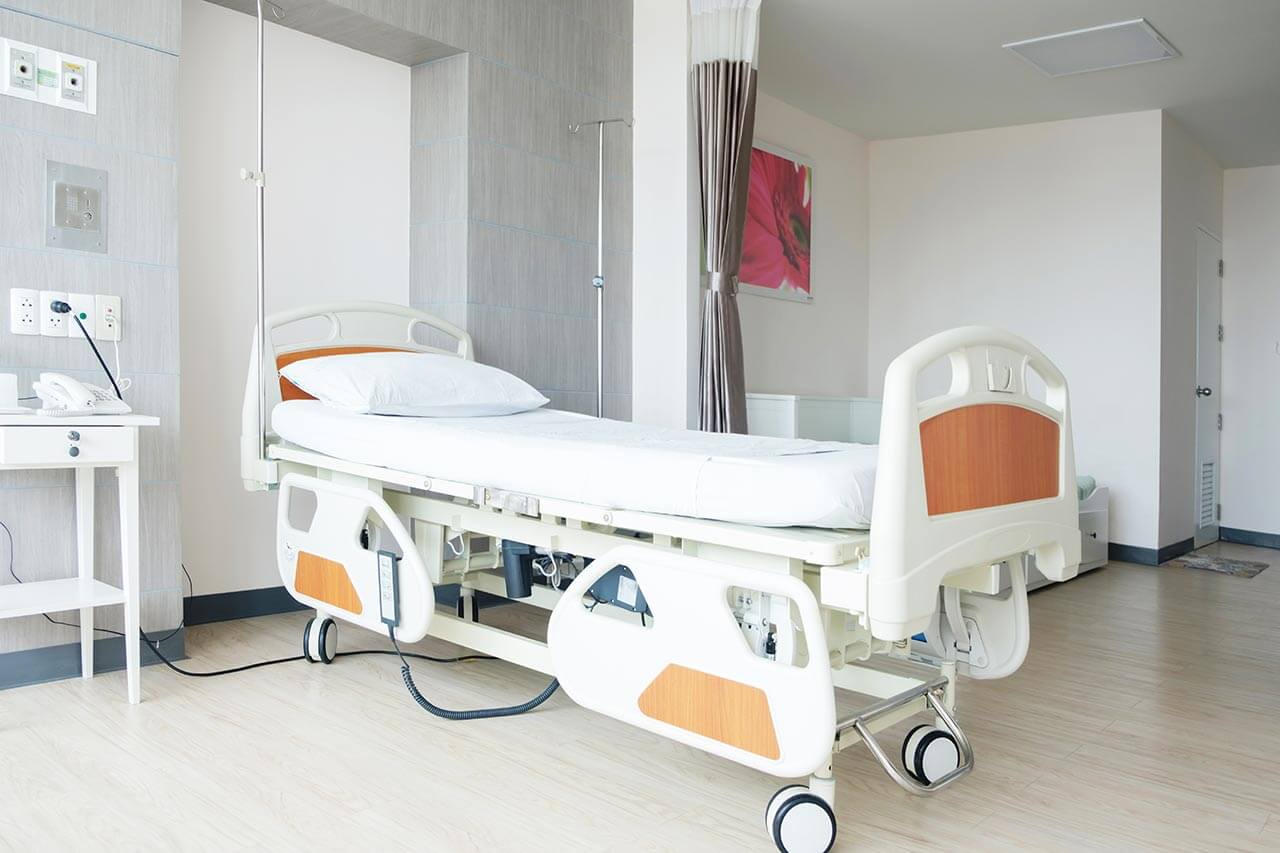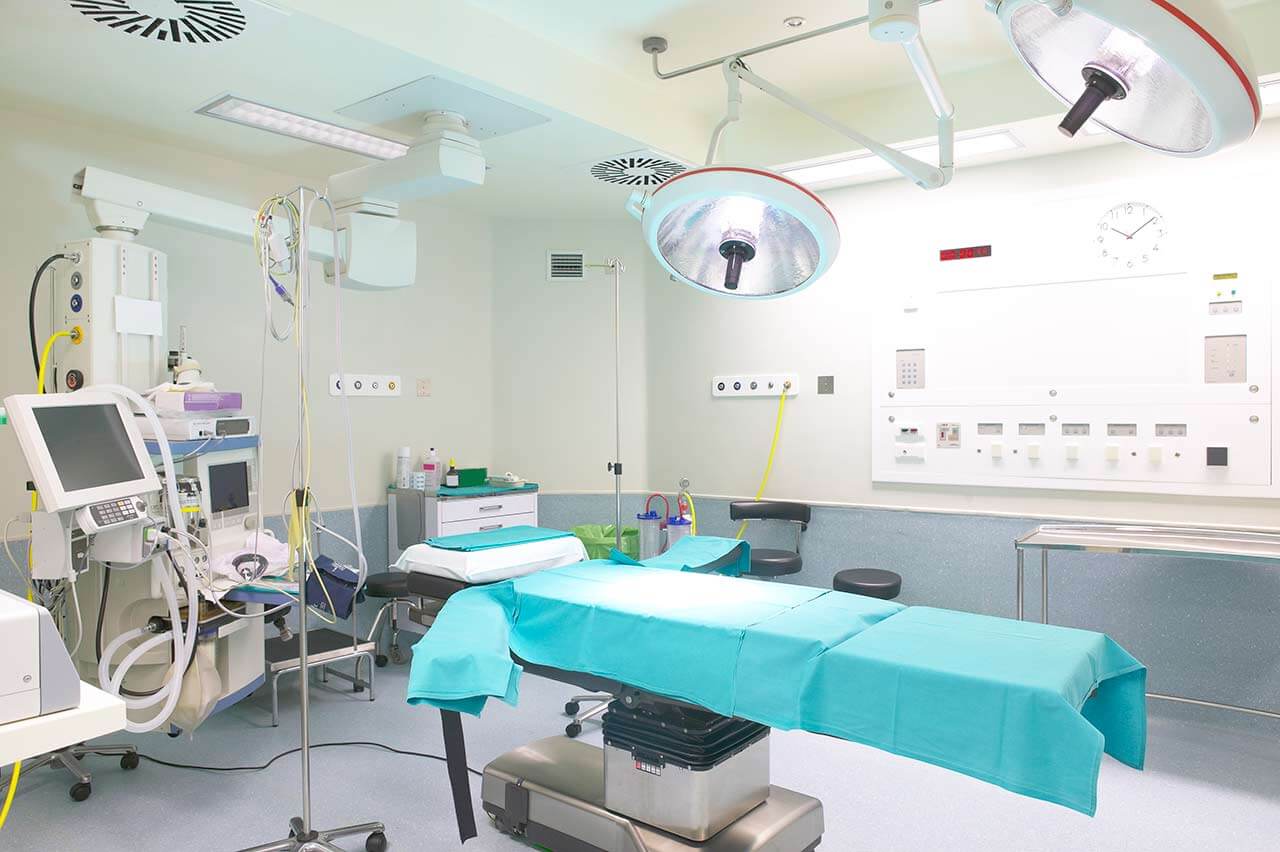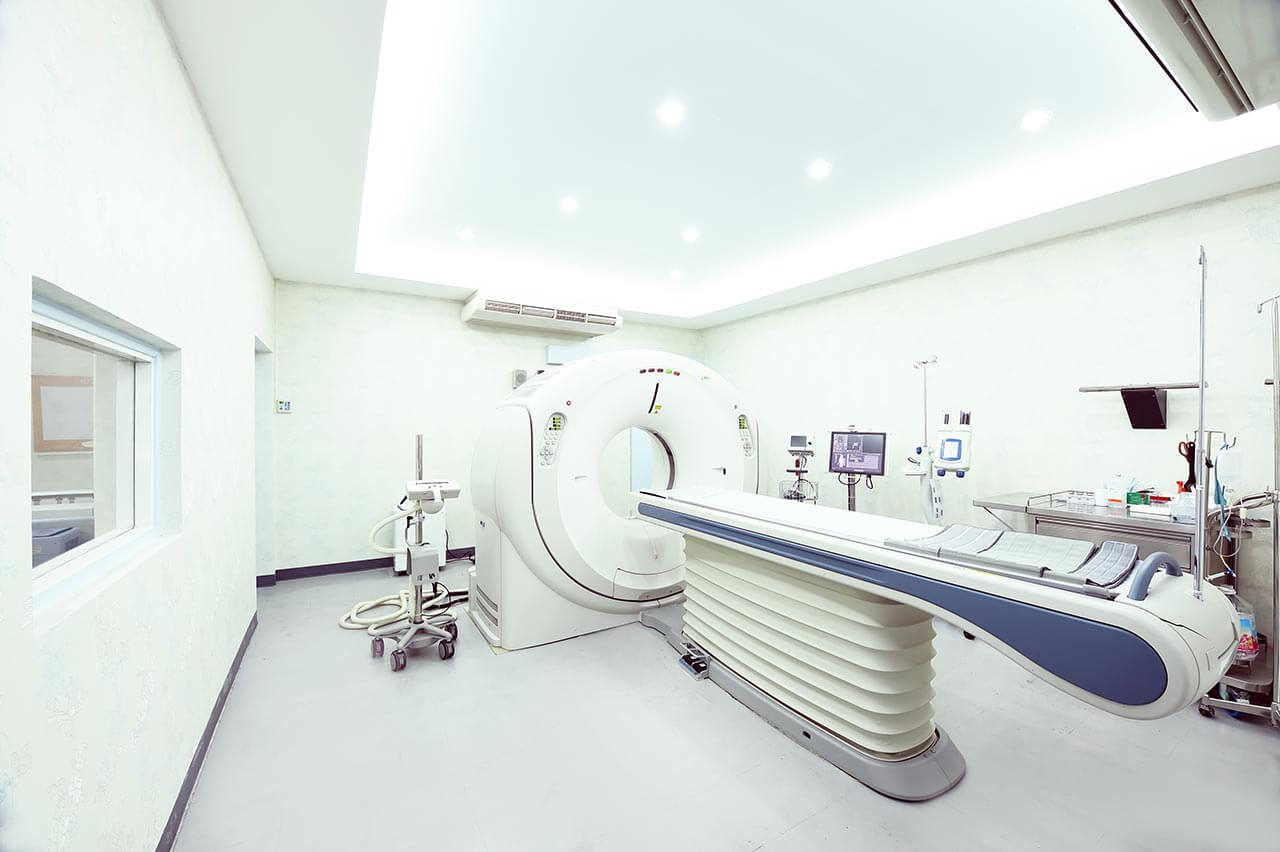
The program includes:
- Initial presentation in the clinic
- clinical history taking
- review of medical records
- physical examination
- laboratory tests:
- complete blood count
- general urine analysis
- biochemical analysis of blood
- inflammation indicators (CRP, ESR)
- TSH, fT3, fT4
- L-Dopa-Test
- indicators blood coagulation
- neurological examination
- CT/MRI scan of the head
- neuropsychological tests (on indications):
- ENMG (electroneuromyography)
- EEG (electroencephalography)
- SEPs (somatosensory evoked potentials)
- VEPs (visually evoked potentials)
- BAEP tests (brainstem auditory evoked potential)
- stationary EEG monitoring
- spinal tap
- symptomatic treatment
- control examinations
- the cost of essential medicines and materials
- nursing services
- full hospital accommodation
- developing of further guidance
Required documents
- Medical records
- MRI/CT scan (if available)
Service
You may also book:
 BookingHealth Price from:
BookingHealth Price from:
About the department
The Department of Diagnostic and Interventional Radiology at the St. Antonius Hospital Eschweiler provides the full range of medical services in the areas of its competence. The doctors of the department conduct imaging studies and therapeutic interventional procedures under imaging guidance. Special attention is paid to modern imaging diagnostics – classical radiography, ultrasound examinations, mammography, computed tomography and magnetic resonance imaging. The department's radiologists work on advanced medical equipment that allows detecting the slightest pathological changes in the organs and anatomical structures of the human body. In the field of interventional radiology, particular focus is on sympatholysis, biopsies, drainage and CT-guided pain therapy. The department's medical team works in accordance with current clinical protocols and strictly observes radiation protection standards, which excludes the negative effects of radiation on the human body. The department is headed by Dr. med. David Bakker.
One of the most popular diagnostic tests is computed tomography (CT). CT scanning is widely used to examine various organs and parts of the body, from the head to the lower extremities. The method is a type of radiation diagnostics based on layer-by-layer scanning of tissues using X-ray radiation. Whenever required, the diagnostic examination can be carried out with contrast enhancement. The department's specialists also perform CT-guided punctures and biopsies.
An indispensable diagnostic method is magnetic resonance imaging, the essence of which is the formation of a computer image of the examined organ or part of the body using a powerful magnetic field. The duration of an MRI scan can range from 30 minutes to 1 hour. If required, the procedure may be preceded by the injection of a contrast agent, which makes it possible to obtain more detailed information about the area of the body being examined.
The team of radiologists working in the department also successfully performs complex breast examinations. As of today, breast cancer is one of the most common types of oncology in women, so experts pay special attention to preventive examinations. The department's range of services in the field of breast imaging diagnostics includes classic ultrasound examinations, digital mammography, tomosynthesis and breast MRI. In addition, doctors perform such interventional procedures as ultrasound-guided biopsy, breast MRI and tomosynthesis. Should cancer be confirmed, the doctors of the department carry out preoperative X-ray-, ultrasound- and MRI-guided tumor marking.
The department enjoys an excellent reputation for providing pain therapy for the patients with chronic back pain. The therapeutic offer includes periradicular therapy, epidural therapy, facet joint infiltration and sympathetic nerve block. All of the above interventional procedures are performed under CT guidance, which guarantees their highest accuracy and efficiency.
The department's range of medical services includes:
- Diagnostic radiology
- Classical radiography and fluoroscopy
- Ultrasound scanning (3D and 4D)
- Computed tomography, including cardiac CT, CT angiography and CT-guided biopsy
- Magnetic resonance imaging, including cardiac MRI, MR enterography and high-resolution multiparametric MRI of the prostate
- Breast diagnostics
- Digital mammography with tomosynthesis
- Ultrasound examinations, including Doppler scanning, 3D and 4D ultrasound and elastography
- Breast MRI
- Ultrasound-guided biopsy
- X-ray guided vacuum assisted biopsy
- Preoperative tumor marking
- Interventional radiology
- Periradicular therapy
- Epidural therapy
- Facet joint infiltration
- Sympathetic nerve block
- CT-guided drainage
- Other diagnostic and therapeutic options
Photo of the doctor: (c) Med 360°
About hospital
According to the prestigious Focus magazine, the St. Antonius Hospital Eschweiler ranks among the top medical facilities in North Rhine-Westphalia!
The hospital is a modern medical complex with 13 specialized departments. The hospital has more than 165 years of history, so it has long won an excellent reputation not only in Germany, but also in the European medical arena. In addition, the medical facility has the status of the Academic Hospital of the RWTH Aachen University, thanks to which it can offer patients the very latest and unique medical advances. The highly qualified medical staff of the hospital, consisting of more than 1,300 employees, is focused on high-quality medical services with due consideration of the personal needs and wishes of patients
The medical complex has 443 beds. More than 15,000 inpatients undergo diagnostics and treatment on an inpatient basis, while about 25,000 patients receive ambulatory medical care. The specialists of the hospital often provide diagnostic services and treatment to the patients from foreign countries.
The main areas of clinical practice of the medical facility include oncology, hematology, general and abdominal surgery, plastic surgery, hand surgery, vascular surgery, internal medicine, gynecology, urology and radiation oncology. Each area is represented by an experienced team of doctors and specially trained nursing staff, whose task is to provide the accurate diagnostics and the most effective treatment. The work of the medical staff is based on the use of modern technical resources, as well as classic and innovative treatment methods. The doctors from different medical specialties cooperate closely with each other, so the slightest details and characteristics of the patient's body are taken into account when planning and providing treatment. In addition, the medical staff is always open to personal communication with the patients, strives for their moral support on their way to recovery and surrounds them with care.
The outstanding achievements of the hospital and high treatment success rates are confirmed by the quality certificates of the German Cancer Society, the German Cardiac Society, the German Society of Vascular Surgery, the German Society of Hematology and Medical Oncology and the German Trauma Society. In addition, according to the famous Focus magazine, the hospital is recognized as one of the best medical centers in Germany specializing in the treatment of breast cancer, prostate cancer and cardiovascular diseases.
Photo: (с) depositphotos
Accommodation in hospital
Patients rooms
The patients of the St. Antonius Hospital Eschweiler live in cozy and light rooms. All the patient rooms are well equipped to make the patient feel as comfortable as possible throughout the entire period of hospital stay. The patient room includes an automatically adjustable bed, a bedside table, a wardrobe, a TV and a telephone. Each patient room has an ensuite bathroom with shower and toilet. Some patient rooms have specially designed bathrooms for disabled people. The patient rooms also have Wi-Fi.
If desired, the patient with his accompanying person can live in the enhanced comfort room. These patient rooms are additionally equipped with upholstered furniture, a mini fridge and a safe for storing valuables.
Meals and Menus
The patient and his accompanying person are offered tasty and healthy three meals a day: breakfast, lunch and dinner. Breakfast and dinner are served buffet style, while for lunch there is a choice of three set menus. If for some reason you do not eat all the foods, you will be offered an individual menu.
The hospital also has a cozy cafe with a large choice of salads, main courses, pizza, cakes and ice cream. Here you can enjoy aromatic coffee, delicious tea or soft drinks.
Further details
Standard rooms include:
Religion
The religious services are available upon request.
Accompanying person
During the inpatient program, the accompanying person can live with the patient in a patient room or a hotel of his choice. Our managers will help you choose the most suitable option.
Hotel
During the outpatient program, the patient can stay at the hotel of his choice. Our managers will help you choose the most suitable option.




